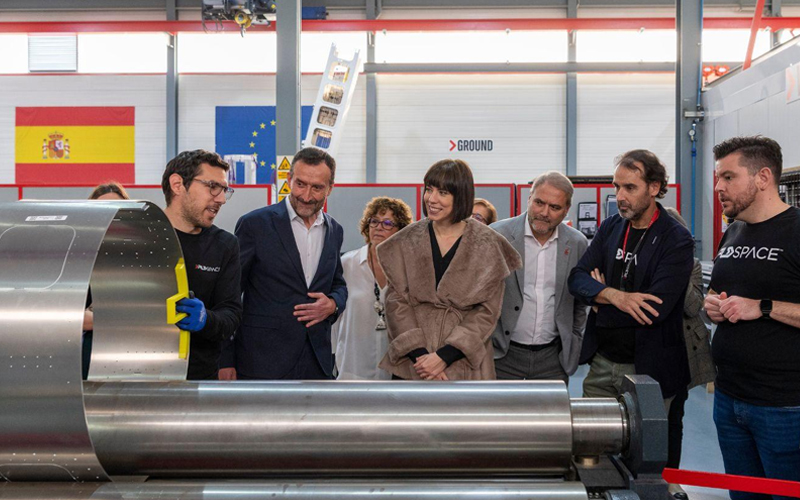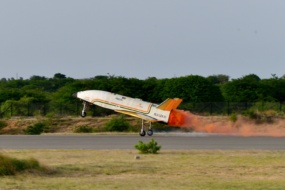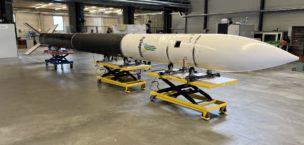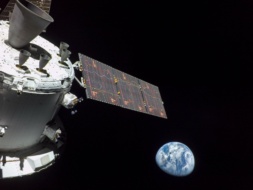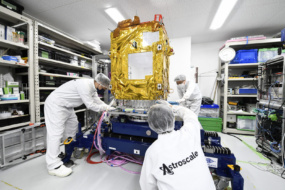This week, Spain’s Council of Ministers voted to approve a statute green-lightning the country’s new space agency to formally begin operations.
The vote is “a determined commitment by the Government of Spain for a sector that is key, that generates opportunities, that generates quality employment, and we endow it with an initial budget of more than 700 million euros in this first year,” said Ministry of Science and Innovation Diana Morant during an address after the statute was approved.
In September, when the Spanish government approved the creation of the agency, officials were given a one-year deadline to make it a reality. With Tuesday’s developments, Spain managed to reach the finish line six months ahead of schedule. There’s a joke about siestas somewhere in there, but this team clearly didn’t take any.
EEA, the newest space kid on the block
The Agencia Espacial Español (EEA) will coordinate and centralize the country’s various space efforts into a single governing entity. EEA will be responsible for managing Spain’s strategic space direction going forward. Its mandate covers both technological development and the use of space for functions like security, EO, connectivity, and PNT services.
EEA will be based in Seville with an initial staff of 75. The agency will be attached to the country’s Ministries of Science and Innovation and Defence.
Microlauncher funding
During her address, Minister Morant highlighted a recent commitment from the Ministry of Science and Innovation to make €45M in funding available for the development of a domestic microlauncher. This class of launch vehicle, Morant said, is the “the commercial future of the space sector.”
The launcher is funded via Spain’s €4.5B Strategic Project for Aerospace Economic Recovery and Transformation (PERTE) initiative, an element of the country’s Recovery, Transformation and Resilience Plan (RRTP), which is financed through the EU’s Recovery and Resilience Mechanism.
Currently, the most likely contender to receive the funding is PLD Space. The company was founded in 2011 and is developing its suborbital Miura 1 and orbital Miura 5 launch vehicles.
- Miura 5 is designed to be capable of delivering 540-kg payloads to SSO.
- Miura 1 is expected to debut this month, while a maiden flight of Miura 5 is expected in 2024 if the company can secure additional funding.
Payload’s takeaway: Spain clearly has ambitious goals for its space industry. Only time will tell if it can deliver on its promises.
